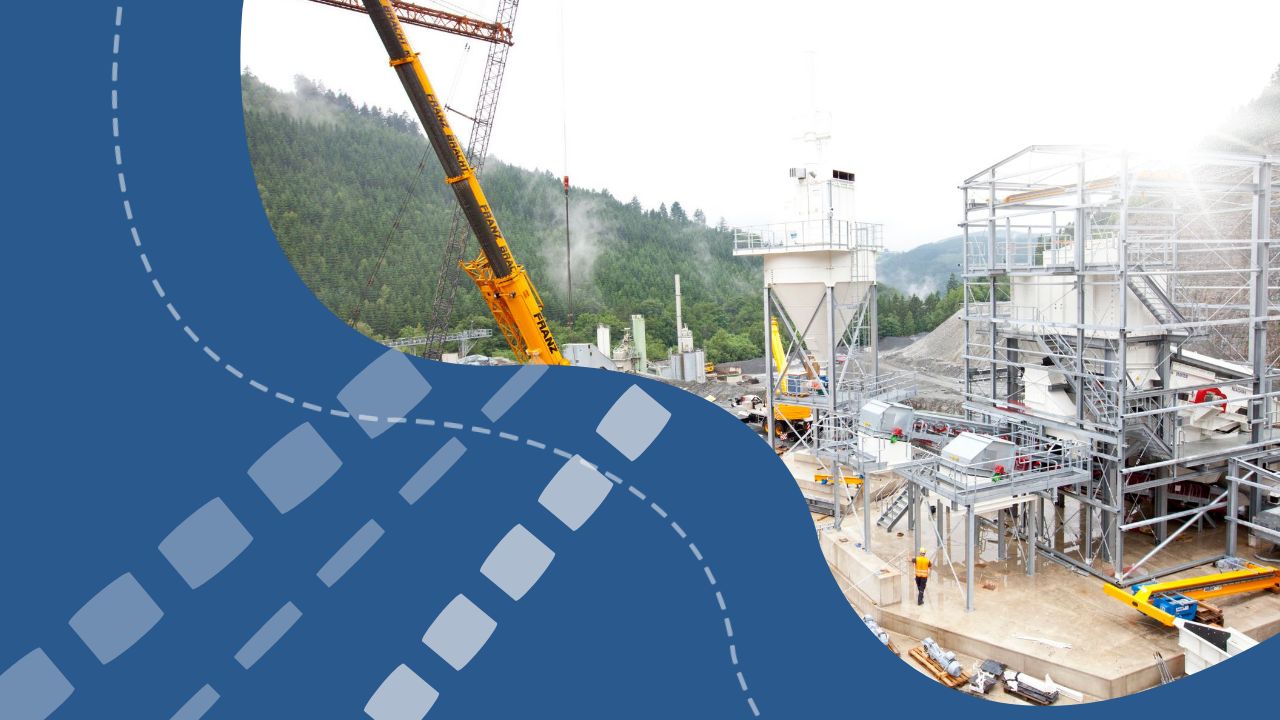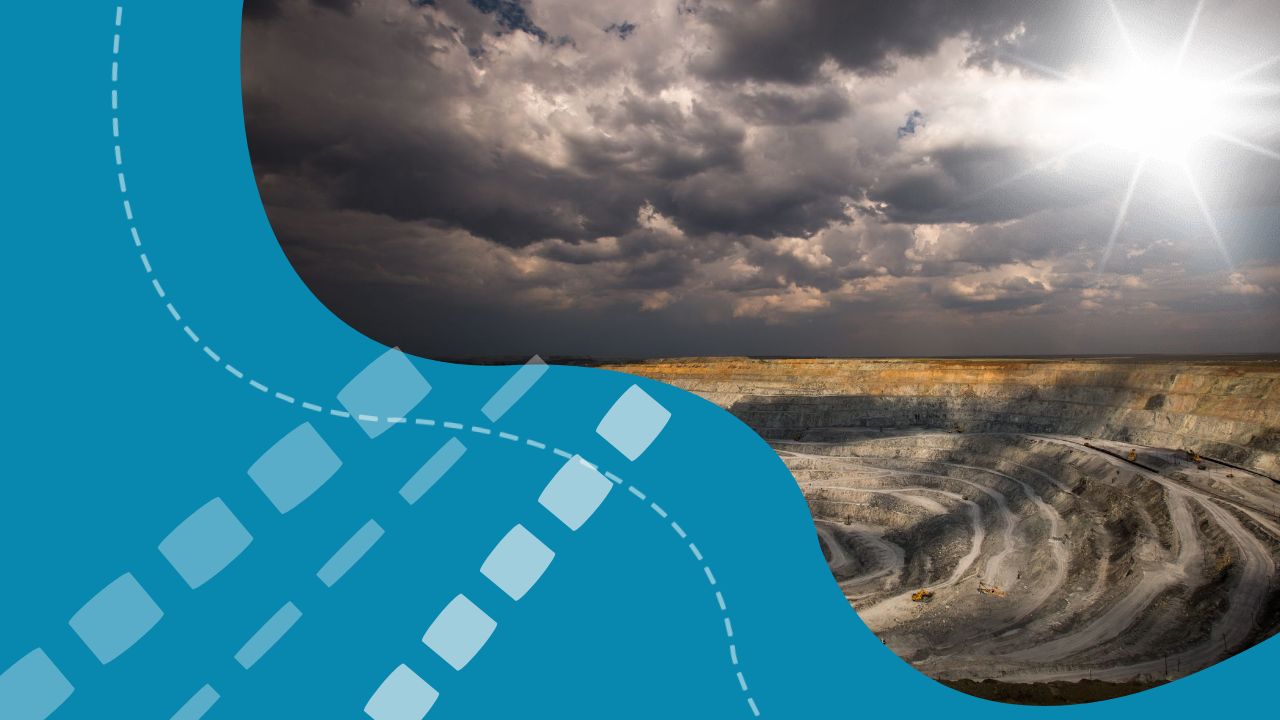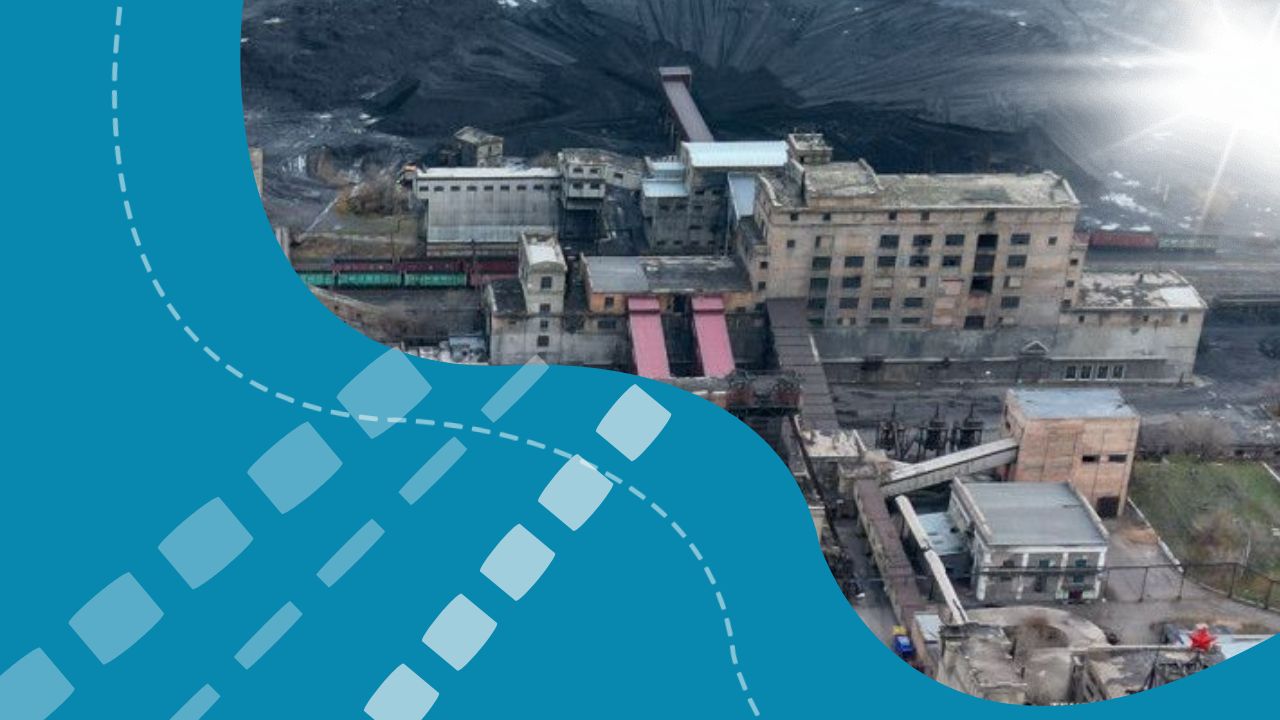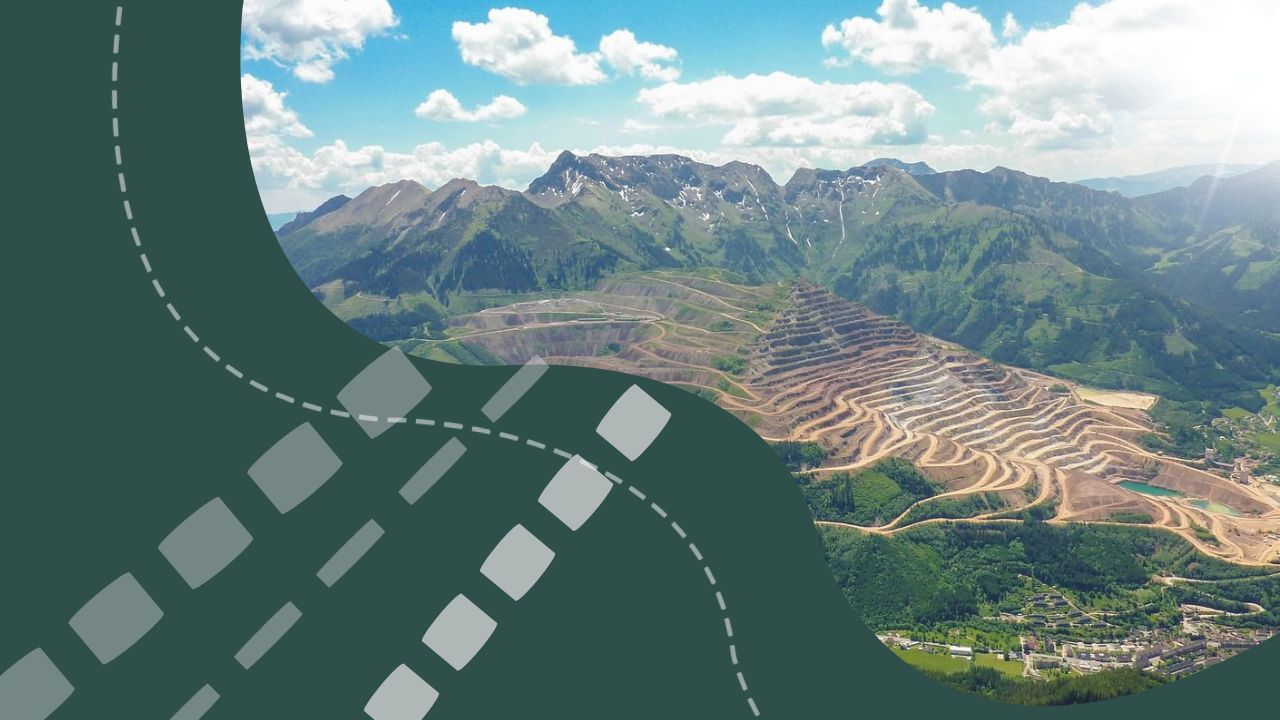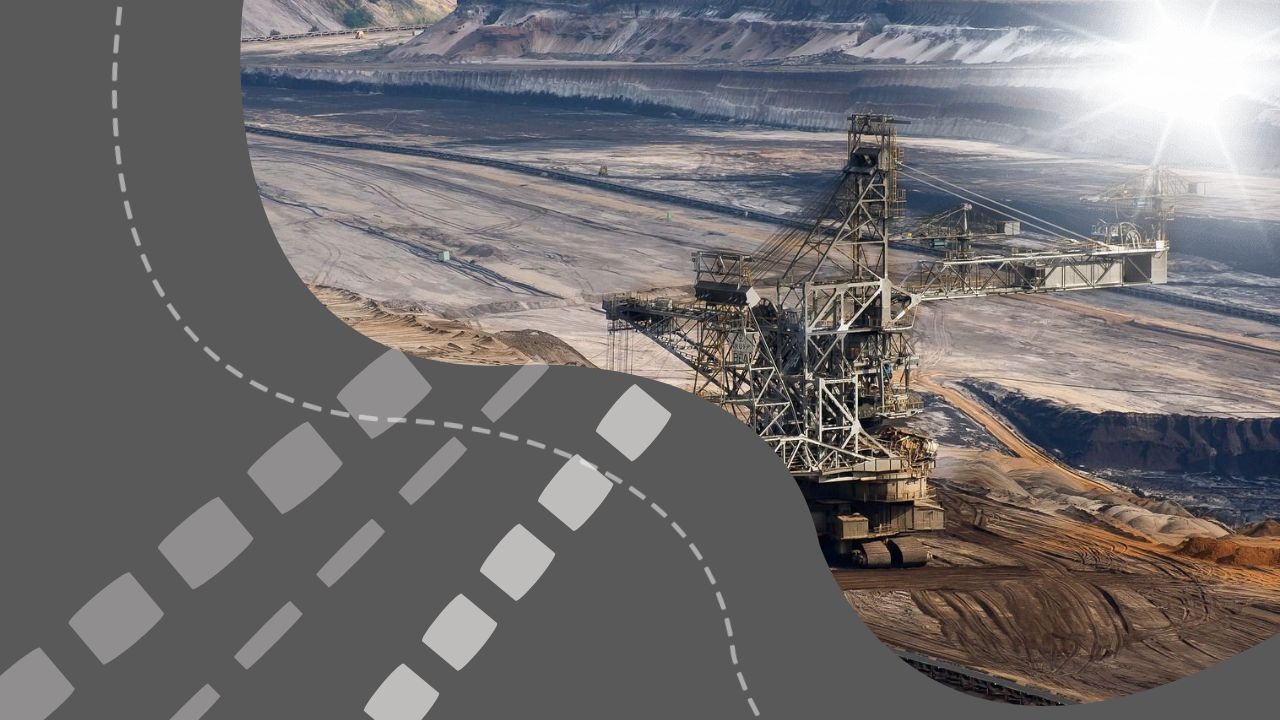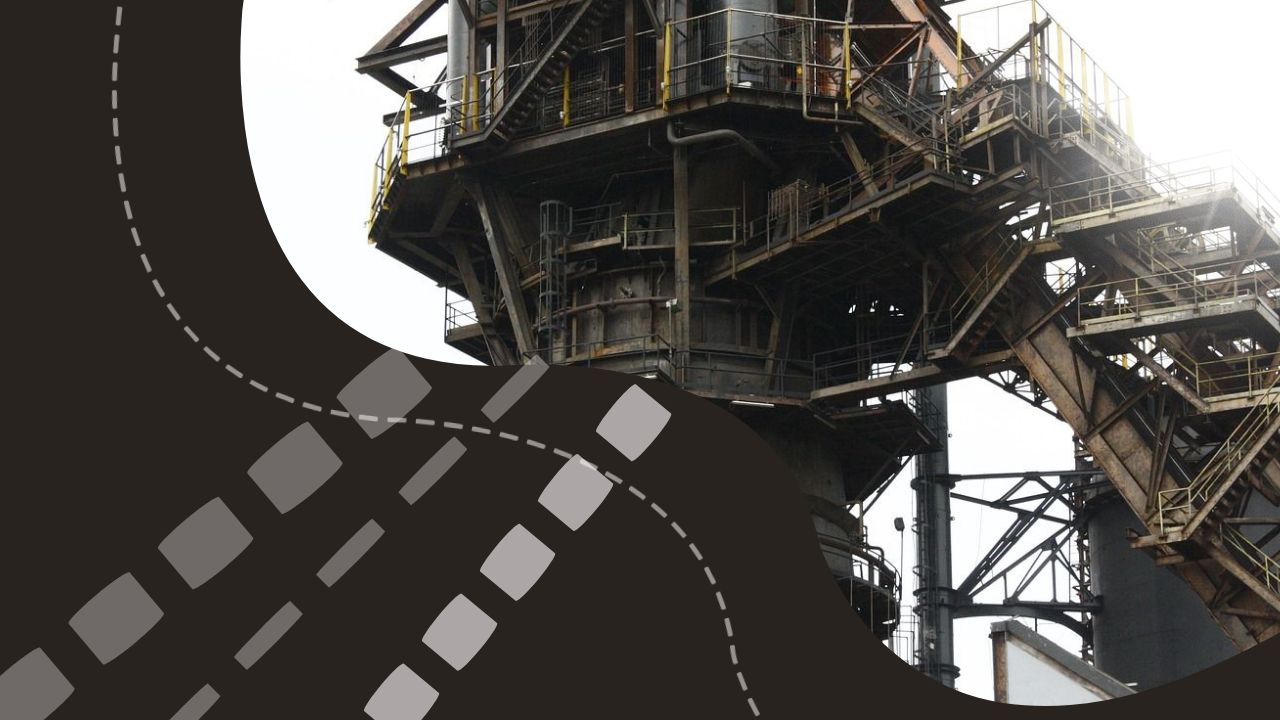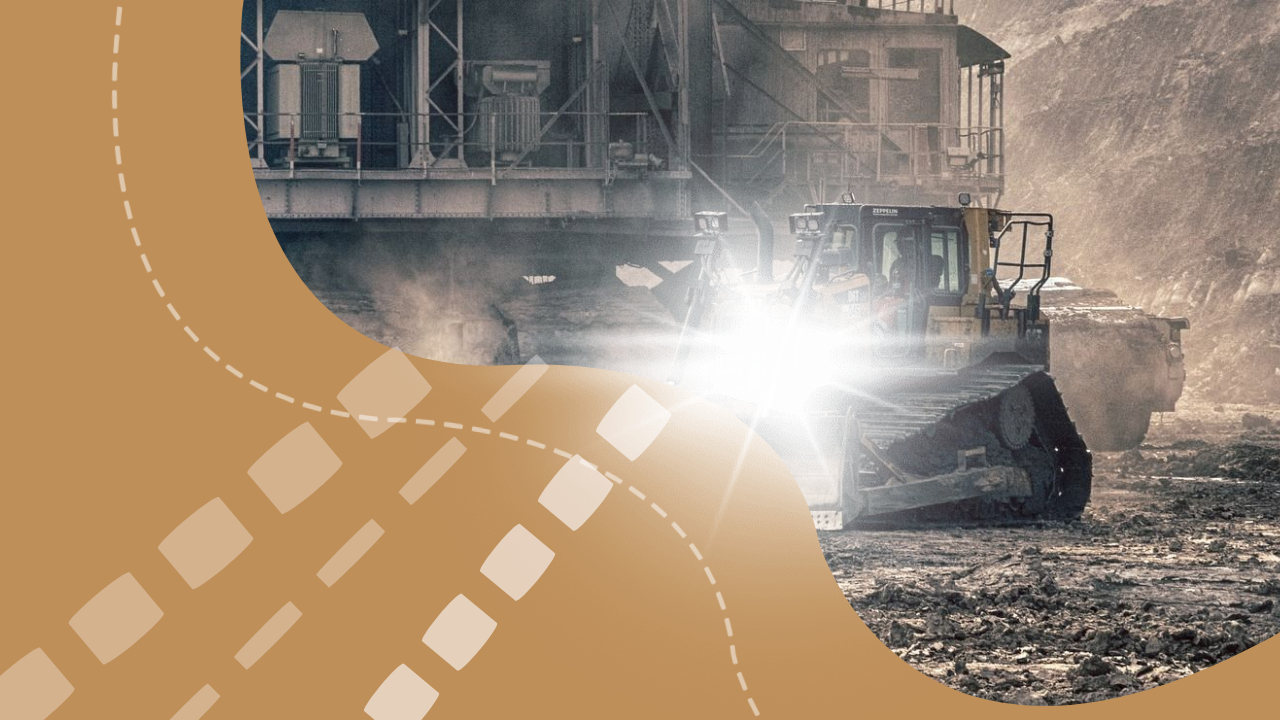The Public Council under the Ministry of Ecology of Azerbaijan urged Armenia to stop work on the Amuldag gold mine.
“We urge the Armenian government and companies engaged in gold mining at the Amuldag gold deposit to immediately stop work, the exploitation of which is carried out without taking into account any environmental norms,” said Amin Mammadov, chairman of the Public Council under the Ministry of Ecology and Natural Resources of Azerbaijan.
“Since Armenia expressed its desire to build a plant on the border with Nakhchivan on the side of Arazdeyen village last June, several statements have been made. An open letter was sent to Armenian Prime Minister Nikol Pashinyan in this regard.
We consider the protest of civil society organisations and eco-activists in Armenia that the exploitation of the Amuldagh mine poses a serious threat to biodiversity and water resources commendable. Last June, we made several statements that Armenia wants to build a factory on the border with Nakhchivan in the direction of the village of Arazdeyen.
Unfortunately, there was no reaction from the Armenian civil society. Now more than 100 civil societies and eco-activists in Armenia have made statements about the Amuldagh gold mine and its consequences. As a result of this activity, heavy metals are discharged into the Bargushad River and pollute the Araz River through the Hakari River.
Unfortunately, foreign companies act as investors here,” Mammadov added.
It should be noted that the Amuldag deposit is located 13 kilometres away from Istisu, a deposit of natural mineral water. Exploitation of the deposit causes destructive damage to the mineral springs of Istisu.
The deposit is also located in the area between the Arpachay and Bazarchay rivers. Both rivers flow through Azerbaijan and into the Araz River. The use of toxic substances, which have been banned for a long time and are highly dangerous for the environment, in the exploitation of the Amuldag field destroys nature and leads to acidification of river waters and water poisoning. In addition to the fact that gold mining pollutes the waters of this river, it also hurts the ecosystem of Lake Goycha, located near this area.
At the same time, this industry also poses a serious threat to the Caspian Sea basin. Flowing through the territory of the Nakhchivan Autonomous Republic of Azerbaijan, the Arpachay River and the Bazarchay River flow into the Araz River and, from there, into the Caspian Sea. Thus, the exploitation of the field causes serious environmental damage not only to Azerbaijan but also to Iran and other Caspian countries.

